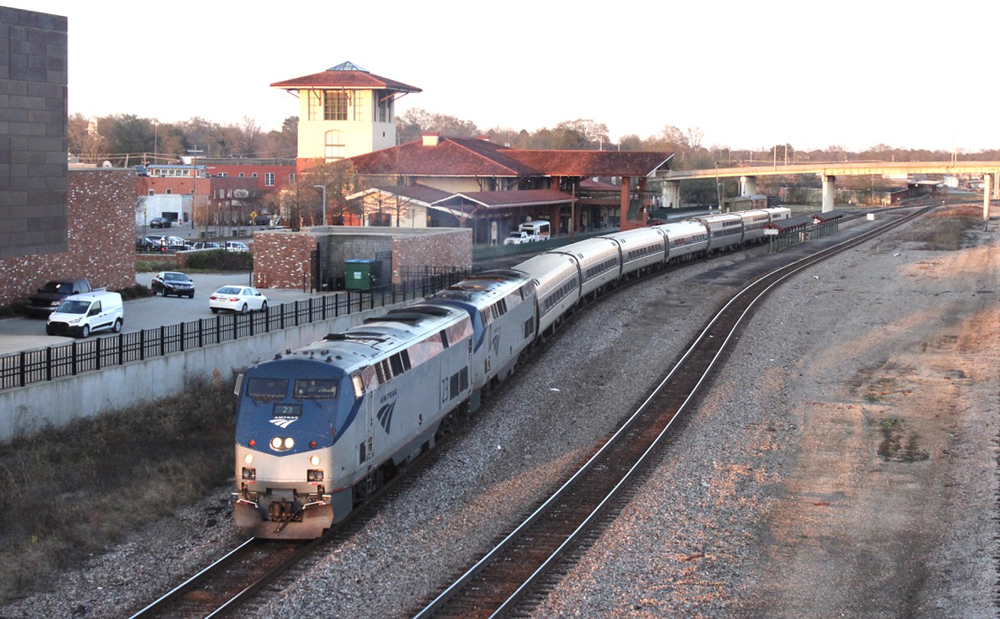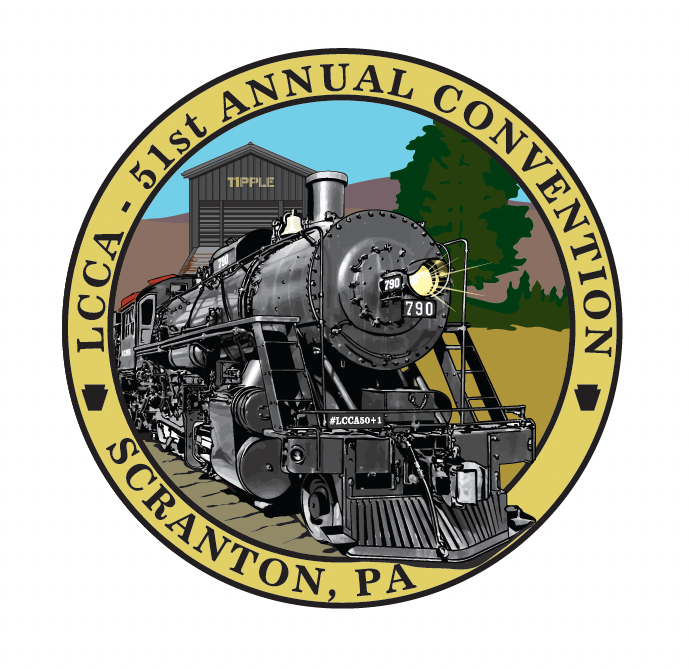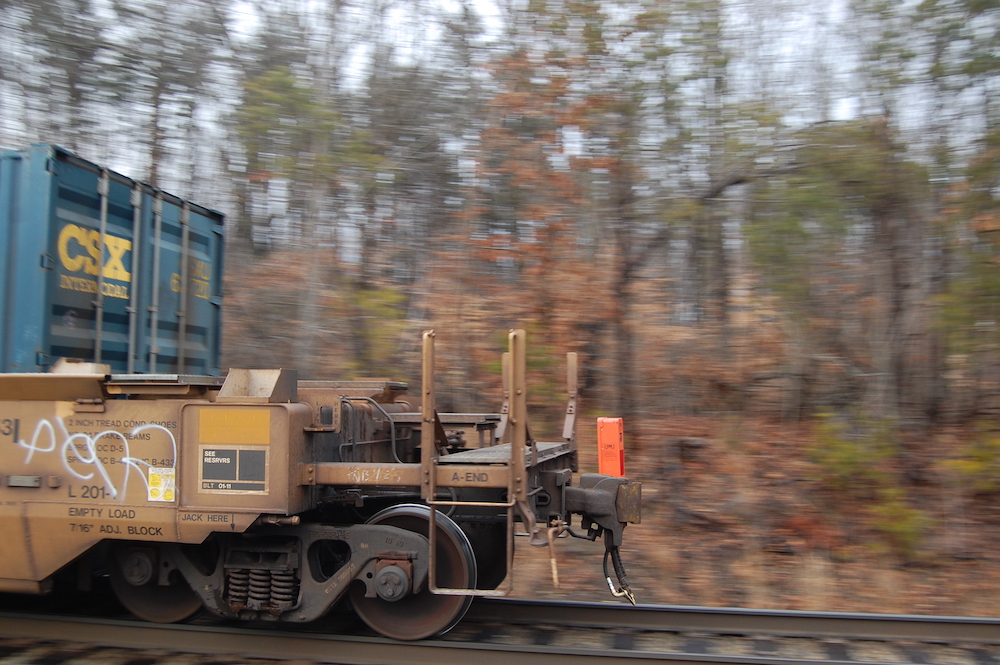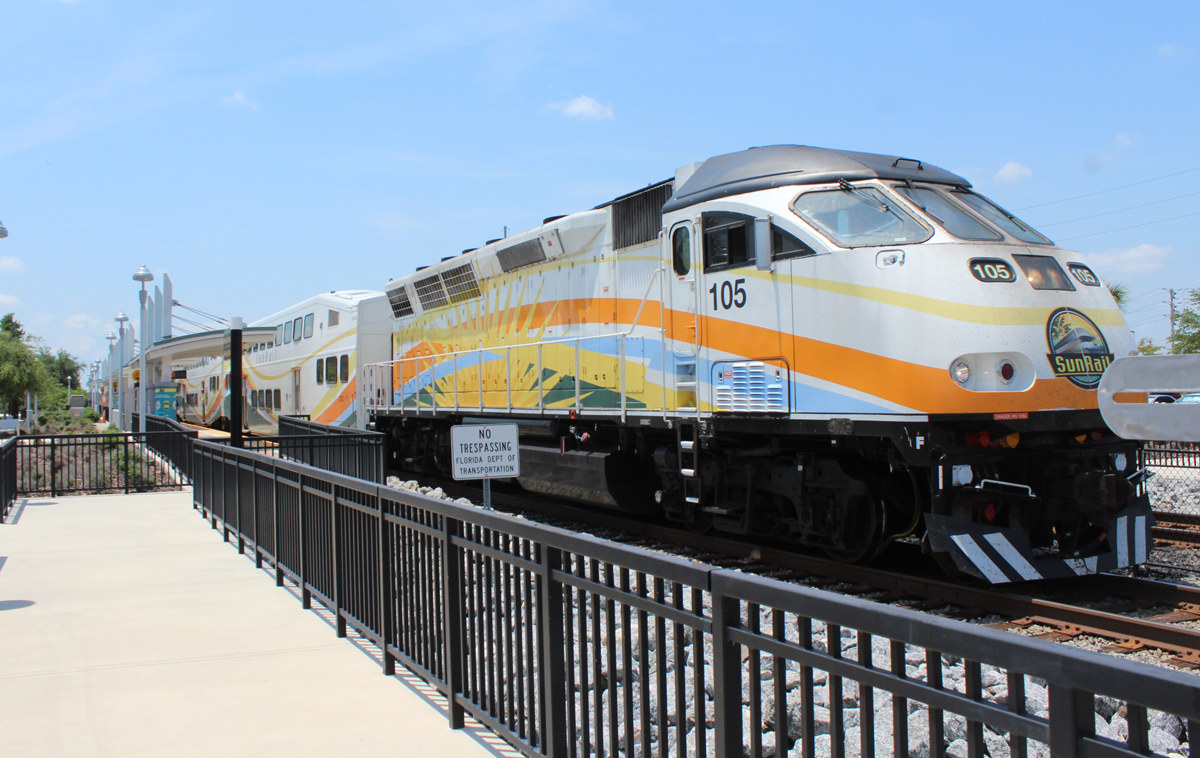MONTREAL — Canadian National Railway faces a strike from members of the Teamsters Canada Rail Conference in mid-November following the end of a legally mandated conciliation period, the union president said Monday.
The strike could come as early as Nov. 19, said Lyndon Isaak. The union represents 3,000 CN conductors, crew, and yard personnel; 99.2% voted in favor of a strike in September. The union has said it will give at least 72 hours’ notice of any strike action.
The union’s previous agreement with CN expired on July 23. The next round of talks between the union and railroad is scheduled for Nov. 12.















My personnel experience with a union is limited to a short period working part time in the ’60’s so I can’t comment on the modern industrial unions. But the blue collar workers at my long time university employer were unionized as Teamsters. Lots of experience with them and it wasn’t good. For example, if you personnel wastebasket was overflowing you weren’t supposed to put it in a larger basket that was available at your end of the floor as it was a violation of the Teamster contract. Same think for wiping your desk off if they saw you do it. In order to avoid strikes and supposedly keep costs down, there was 20 years of giving into them on work rules to the point it could take 2 of them to change a simple faucet washer over a period of 2 hours and the day time janitors usually only worked about 3-4 hours of their 8 hour shift. Wages were good when I retired (minimum for starting dishwashers and similar was about $16 an hour plus great, extensive benefits including tuition for dependents and outstanding state retirement–I believe they are now starting at over $19). This is a fairly low cost living area so that goes a long way–plus most of their spouses worked, many at the university. There was only one union no matter how skilled the level of the work performed. That led to many internal battles within the union as the unskilled workers outnumbered the skilled ones by 2 to 1. As a result, the top rated skills such as electronic repairmen only made about twice the salary of those at the very bottom of the scale. This came up in every union meeting but there was always the attitude on the part of the unskilled positions that “I have to pay the same for loaf of bread so why should you make more than me?”. However, the main reason besides pay that the Teamster union came to be at the university was that promotions before them were due way too much as to who knew who or was a friend or relative of them. That definitely has changed although it does punish those who demonstrate “get up and go” as promotions are done by seniority.
Having dealt with unionized white collar public employees at federal, states, and municipality levels as part of my job, I have a very dim view of many of them. Total bureaucrats who seemed to delight in being difficult and could never give you an answer to your question without taking weeks to go up their reporting chain of command. A friend of mine had worked for the Feds in Human Resources before leaving to work in my building. She confirmed what is occasionally reported on in the press–namely that only about 20 or so civilian employees are fired annually by the entire Federal Government because Unions and Civil Service law make it almost impossible unless the worker simply disappears and never shows up to work again. It appears to me to be the same thing for those union university professors and public teachers who are just going through the motions. My personal belief is that allowing tenured or civil service public employees to unionize was a giant step too far and the massive pension fund deficits in way too many states are due to it. However, I do believe law enforcement unions are absolute necessary today given the current attempts by many, including much of the national news and politicians, to demonize them no matter what the circumstances. Otherwise, decent policing would probably disappear.
Wife was a long time school teacher. She really appreciated the NEA (which is a union no matter what they call themselves) in the 1960’s and ’70’s as teacher pay finally rose to a reasonable level. However, her faith in them disappeared in the ’90’swhen the state leaders were constantly trying to get them to consider striking over very tiny differences that the local members didn’t feel were that important. It also didn’t help when the national leadership was taken over by some pretty far left leaders from CA and several other similar states and she believed the NEA was becoming too much of a one party political movement that had little to do with delivering quality education. I guess that’s still going on as I believe all the current Democratic presidential candidates have called for laws banning charter schools or any government aid to non-public schools. I assume that is due to the NEA And AFT political pressure which are two of their largest donors as well as providing lots of campaign workers.
One thing that makes no sense to me and I don’t understand why the union rank and file allow it is union leaders having their own extremely well funded pension plans while their members pension plans often face large underfunding. If I was in a union I’d want the same pension plan for everyone so the leaders were in the same boat as the members.
“Slow-down work ethic”… do you realize some folks at CN have been forced to work 12 hours a day, 6 days a week? Wanting time with their family… what a bunch of lazies!
Sorry Richard, I do not watch TV, for the last 20 years now. I spent 26 years in the military, then started my own business. Got my PE and built bridges, and took a few more down. My company was non-union, as I paid them better. We had steel engineers and inspectors, demolitions, riggers, iron workers. When I sold it a few years ago, I had 200 employees. We were very good at what we did, and we quite profitable. Bonuses were paid each year before Christmas. Average on those were around 12 to 15k per person. Professional staff averaged nearly 150k per year, craftsmen over 100k. Most of the employees I had originally were still with me when I sold. Many are retiring. So I see absolutely no need for a union and their slow-down work ethic.
If a company treats it employees well, unions aren’t required. If said company has a history of employee abuse, then a union has benefits.
At the turn of the prior century, unions made sense. Steel workers, coal miners, auto plants, even teachers needed protection from the power barons of industry and the whims of the local population when firing a 1 room schoolhouse teacher was the norm.
While crafts unions have shown merit (like electrical and plumbing, etc) with their apprenticeship programs to promote consistency and safety, the same culture can be enforced now in other industries without the use of a union.
The last known attempt to form a union was for US born IT workers who were being replaced en masse by overseas contractors on H-1B’s. The companies were not building meritocracy with their IT workers and simply treated them as replaceable assets. Therefore, a movement to join a union was ideal.
Unfortunately public service unions have pretty much ruined it for many pro-union activities because they collectively bargained themselves at the expense of their neighbors, who cannot vote against it. (hence, all of these public pension issues). They put greed and themselves above reality and it is now causing a lot of problems nationally.
The current Chicago Teachers Union strike is a good example. Chicago offered 16% across the board raises plus COLA’s in each year of the agreement. CTU wants “affordable housing”, more admins and assistants, guaranteed building upgrades all of which are not negotiable per labor law. So they reject the money in an effort to get the “other” things they can’t strike on. In some circles that is considered bad faith.
As for CN, lately they appear to be hard knuckle negotiators on just about everything.
– Interchange with CP at Spaulding
– Agreement with IDOT/Amtrak on Chicago-Dubuque service (talks broke down)
– Forcing Amtrak to carry 3 extra cars for the signals to work, take it or leave it
– With the anti-rail groups on the EJ&E purchase. They were pretty stubborn about some terms
So the fact they they haven’t reached a deal with Teamsters yet is not a shock.
BRETT – People are compensated (salary plus benefits) what they’re worth. Union or not. Unions claim credit for safe workplaces, which is nonsense. Before retiring I saw that anyone with a safety concern, the first place they’d take it to was management and the last place they’d take it to was the union.
As a multimodal railfan (cars + trains + airplanes) I closely followed the recent General Motors strike. I found it fascinating that far-left Sen. Elizabeth Warren joined the picket line I wonder how many of her core followers – college educated white middle class, largely female, – drive union-made cars, as opposed to Subaru, Honda, Toyota etc. made in non-union plants.
I drive a 2008 Subaru Outback. Made in “self-represented” (meaning non-union) SIA Lafayette, Indiana. Wouldn’t have it any other way. We toured SIA Lafayette. Working conditions, safety, etc. are equal to or superior to any union plant. Pay and benefits are lower by a percentage, which is why Subaru is the most respected and fasted growing brand in America while GM at best stagnates.
I’ll stop here before getting into all the various reasons unions hurt both the employer and the employee. I’d know. Before retiring I was in the work force quite a long time and saw the harm unions did to both, compared to the dignity and professionalism of self-represented employees.
Warren, you’ve been watching too many “On the Waterfront” re-runs.
Ok so the other alternative would be to not be in a Union, maybe rarely if ever get a raise, pay more & more of medical insurance and get fired “at will” for stupid shit like “anything “. Here in Florida, this is an “At will”” & “right to work” state. But Im in a Union, my peers go years without a raise and bitch about the cost of medical insurance goin through the roof. I tell them to join up, their response? “ $62 a month is alot”, I say “&@$! THEM!!!!”
Go on strike, show your strength. In 3 to 6 months of being on strike, just remember, you have a miniscule income, but your “leaders” are living high off the hog from your dues. Unions are worthless. That says you are only as good as the worst union member. You have no individual uniqueness. In my humble opinion, as I have never been in any union, and find their tactics abhorrent.